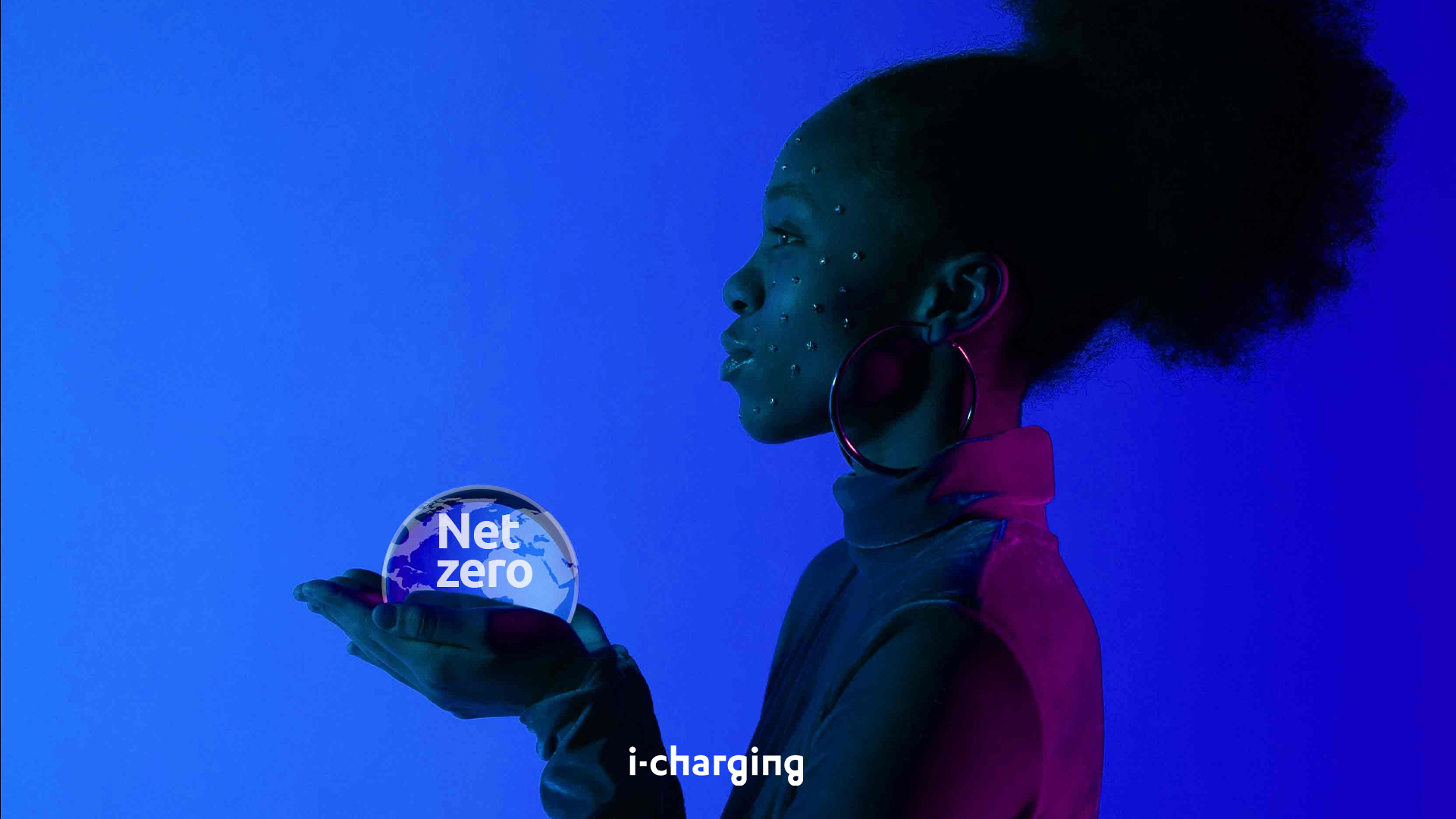we are part of the change
The Road to Net Zero
i-charging is driving the transition to a cleaner and greener future! With the rise in EV adoption, our innovative solutions for EV charging infrastructure are playing a major role.

The Net Zero Scenario requires transport sector emissions to fall by around a quarter by 2030, even as transport demand continues to grow. Policies need to encourage shifting to less carbon-intensive travel options, such as electric cars and trucks as well as to more efficient technologies, regarding energy.
Net zero means cutting greenhouse gas emissions to as close to zero as possible, with any remaining emissions re-absorbed from the atmosphere, by oceans and forests for instance. It’s proven that in order to avert the worst impacts of climate change and preserve a livable planet, global temperature increase needs to be limited to 1.5°C above pre-industrial levels.
Currently, the Earth is already about 1.1°C warmer than it was in the late 1800s, and emissions continue to rise. To keep global warming to no more than 1.5°C – as called for in the Paris Agreement – emissions need to be reduced by 45% by 2030 and reach net zero by 2050.
Transitioning to a net-zero world is one of the greatest challenges humankind has faced. It calls for nothing less than a complete transformation of how we produce, consume, and how we MOVE about.
The transportation sector accounts for more than a third of CO2 emissions from end‐use sectors, aligning transportation with Net Zero Scenario requires implementing a broad set of policies to encourage shifts to the least carbon-intensive travel options and operational and technical energy efficiency measures to reduce the carbon intensity of all transport modes.
Electric vehicles are the key technology to decarbonise road transport, a sector that accounts for over 15% of global energy-related emissions. Recent years have seen exponential growth in the sale of electric vehicles together with improved range, wider model availability and increased performance. Passenger electric cars are surging in popularity, and about 18% of new cars sold in 2023 were electric.
If the growth experienced in the past two years is sustained, CO2 emissions from cars can by 2030 be put on a pathway aligned with the Net Zero Emissions by 2050 (NZE) Scenario.
However, electric vehicles are not yet a global phenomenon. Sales in developing and emerging economies have been slow due to the relatively high purchase price of an electric vehicle and a lack of charging infrastructure availability, that’s where we add value with our flexible and modular technology for charging and solutions as omni-e for energy optimization.
By 2030, the Net Zero Scenario sees the installation of 17 million publicly available charging stations, which would entail a considerable increase in comparison with last years.

